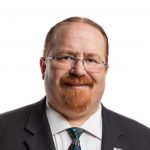The parallel pandemics of COVID-19 and addiction have caused our nation (and the globe) to evaluate not just how we do things in our daily lives, but also to consider why we do them in the ways we always have. This rediscovery of the daily activities, chores, and pursuits we partake in includes those activities some have dedicated to the recovery parts of their lives.
A momentous break in the way we conduct our usual recovery activities is also an opportunity for us—as individuals and as a greater society—to spend some quality time understanding the very concept of recovery. With almost all mutual-aid meetings shifting to online formats to accommodate the rules of COVID-19 social distancing, we have surprisingly discovered a depth of recovery communities we may have only previously seen annually or at conferences. We are also delighted to discover a breadth of choices, once unknown to us, for augmenting our recovery routines.
For me, this brings to mind the current concept of multiple pathways to recovery. Thirty years ago, the Twelve Step path was arguably the only “true” method of committing to recovery—pretty much the “only game in town.” Today, there are a multitude of choices; LifeRing Secular Recovery, SMART Recovery, Buddhist Recovery Network, Celebrate Recovery, AA Agnostics, and Addictions Victorious have become popular alternatives or augmentations to traditional Twelve Step approaches.
What must be a part of this process, regardless of the individual or stage of recovery, is a choice in designing one’s own recovery. This process is described by a term that I have come to know as “freestyle recovery.” Designing one’s own recovery (i.e., freestyle recovery) is now possible with the emergence of “recovery capital.”
In the article, “The Potential of Recovery Capital,” David Best, PhD, and Alexandre B. Laudet, PhD, describe the concept of recovery capital as contagious . . . in a good way. They note,
There is also the recognition that recovery is something that is grounded in the community and that it is a transition that can occur without professional input, and where professional input is involved, the extent of its role is far from clear. We are also increasingly confident that recovery is contagious and that it is a powerful force not only in transforming the lives of individuals blighted by addiction but in impacting on their families and communities as well (Best & Laudet, 2010).
As people in recovery navigate the challenges the pandemic presents, we can realize that although the confines of recovery routines may have been interrupted to some extent, they are also being presented to us for retrospection, critical evaluation, and possible shifts to the dominant recovery paradigm. At no time in our history as a recovering people have we been more encouraged and free to make recovery what we make it. This is what the spirit of freestyle recovery is all about.
Republished by permission from Counselor Magazine.
References
Best, D., & Laudet, A. B. (2010). The potential of recovery capital. Retrieved from https://facesandvoicesofrecovery.org/wp-content/uploads/2019/06/The-Potential-of-Recovery-Capital.pdf

Pete Nielsen LAADC, SAP
Pete Nielsen is the President & Chief Executive Officer for the California Consortium of Addiction Programs and Professionals (CCAPP), CCAPP Credentialing, CCAPP Education Institute and the Behavioral Health Association of Providers (BHAP). CCAPP is the largest statewide consortium of addiction programs and professionals, and the only one representing all modalities of substance use disorder treatment programs. BHAP is the leading and unifying voice of addiction-focused treatment programs nationallly. Mr. Nielsen has worked in the substance use disorders field for 20 years. In addition to association management, he brings to the table experience as an interventionist, family recovery specialist, counselor, administrator, and educator, with positions including campus director, academic dean, and instructor.
Mr. Nielsen is the secretary of the International Certification and Reciprocity Consortium, and on the publisher for Counselormagazine. He is a nationally known speaker and writer published in numerous industry-specific magazines. Mr. Nielsen holds a Master of Arts in Counseling Psychology and a Bachelor of Science in Business Management.

